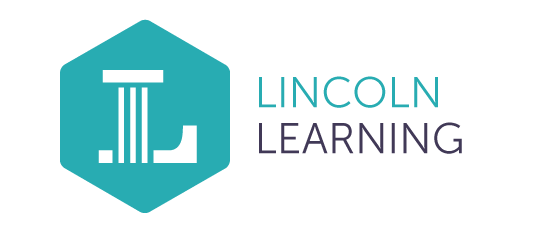Collaboration and teamwork were the name of the game when Hopewell High School hosted its first Unified Robotics Tournament, an event sponsored by VEX Robotics and Special Olympics.
Only the second time this event was held in Pennsylvania, the tournament pairs students with intellectual disabilities with a population of students who may not otherwise have exposure to students with special needs.
Last fall, a group of educators at Hopewell High School submitted a Great Ideas Mini-Grant application in hopes of using the funds to purchase a VEX robot kit for their students. When awarded the $1,250 mini-grant, Hopewell’s team was set to join the tournament.
The Beaver County Educational Trust’s (BCET) Great Ideas Mini-Grant program offers innovative and imaginative teachers opportunities to carry out projects with their students and communities that stretch educational experiences beyond the world of the everyday classroom.
According to BCET Executive Director Jamie Connelly, over its 34-year history, the program has funded 785 grant requests totaling $480,000 and reached more than 102,000 K–12 students in Beaver County. Of those funds, Lincoln Learning Solutions has donated $140,000 since its involvement in the program in December 2014.
Bronwyn Korchnak, gifted coordinator and science teacher at Hopewell High School, said the district used the funds to purchase a complete VEX IQ Gen 2 robot kit and spare controller for their students. The remaining funds will be used to purchase the game for next year’s competition.
Before and during the tournament, students work together to build and code robots while learning to overcome differences and communicate effectively. Teams are a 50/50 split between special education students and their neurotypical counterparts.
Elementary, middle school and high school students from across Beaver and Allegheny Counties joined the event from districts including Bethel Park, South Fayette, Elizabeth Forward, Mars, West Allegheny, Blackhawk, Woodland Hills, Western Beaver, Hopewell, Beaver, and New Horizons.
Throughout the day, students took part in two types of competition. On collaboration tables, members of opposing teams were judged on how well they worked together to control robots to pass a ball, hit a target, or throw a ball into a goal.

The second event featured autonomous robots. Here, judges took note of students’ ability to code their robot, allowing it to pass and throw the ball by itself.
Hopewell’s team consisted of high school students David Rogerson, (grade 12, not pictured), Chris Shiel (grade 11), Jeremiah Monelle (grade 10), Eileen Chen (grade 10), and Landon Nelson (grade 9).

Chen said the team has bonded over their struggles to build their robot after not having all the correct parts and pieces when they began working together in November.
“It’s hard to build these robots by yourself,” Monelle added. “It’s so much easier to work with a team and collaborate.”
Nelson said he enjoyed the challenge, citing that the coding experience and problem solving he’s done has been a good learning experience.
Hopewell High School Principal Dr. Rob Kartychak said that this event really stresses the four C’s in education: Collaboration, Communication, Creativity, and Critical Thinking.
“Robotics has students go through problem solving, coding, and programming,” Kartychak said. “It’s sound learning because the students have to ask why. It lends itself to all of these skills.”
Lori Colangelo, Hopewell’s robotics teacher, said that it was also important for these students to come together socially.
“Kids that might not be in the same social circles are working together and learning about each other. These soft skills are so valuable today,” Colangelo said.

At the end of the event, it wasn’t about winning or losing. Awards were given for collaboration excellence, community impact, creative design, inclusivity, among others.
“Students are learning patience and how to let others shine,” Colleen Hinrichse, fourth-grade STEAM teacher at Mars said. “They are looking for their own strengths and growing as learners and people.”


